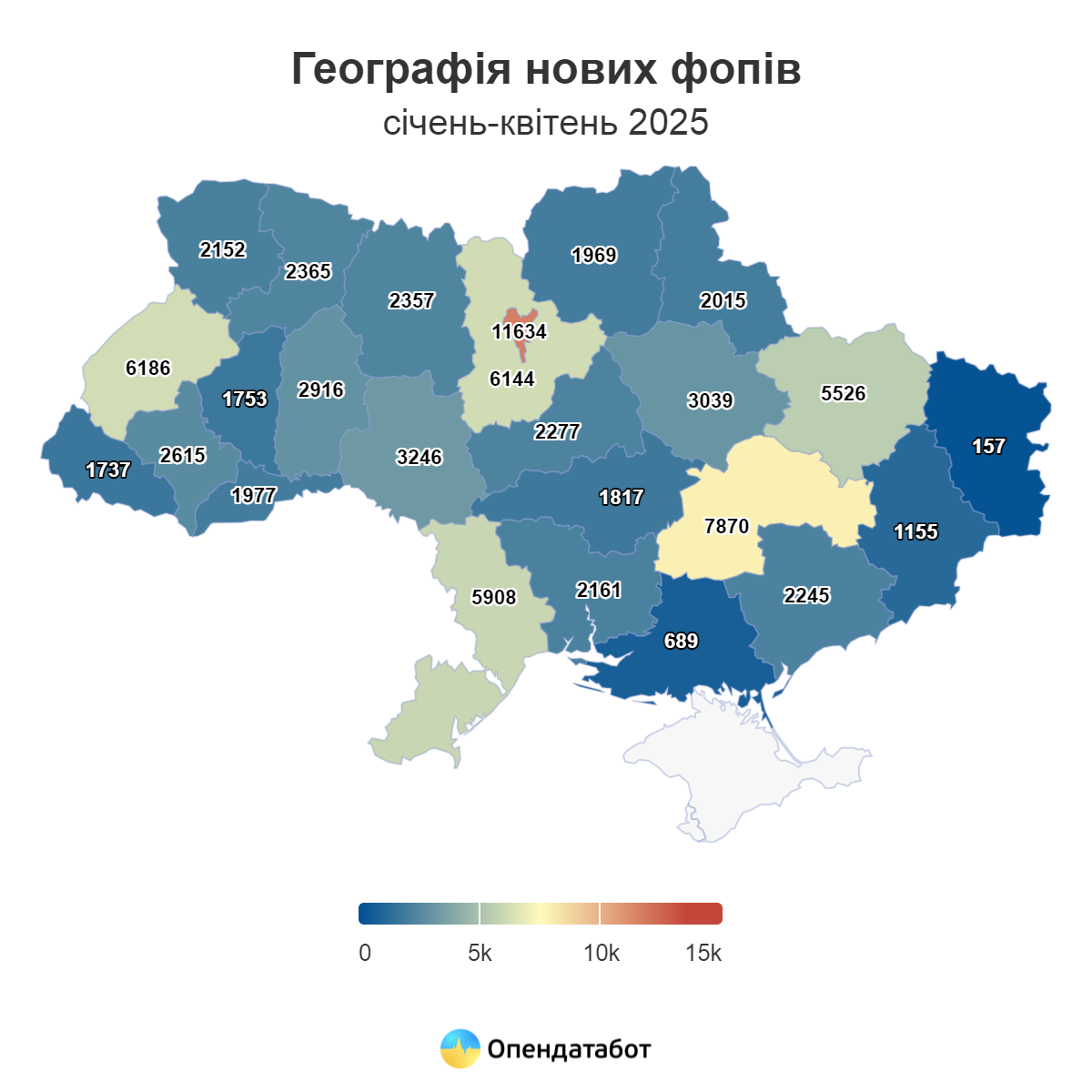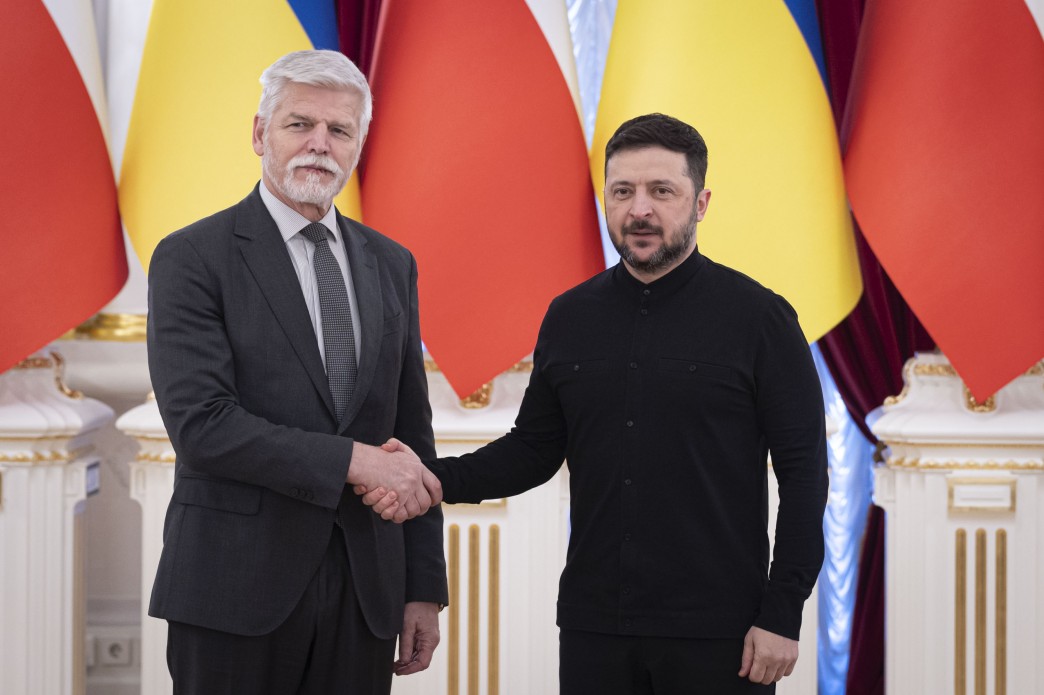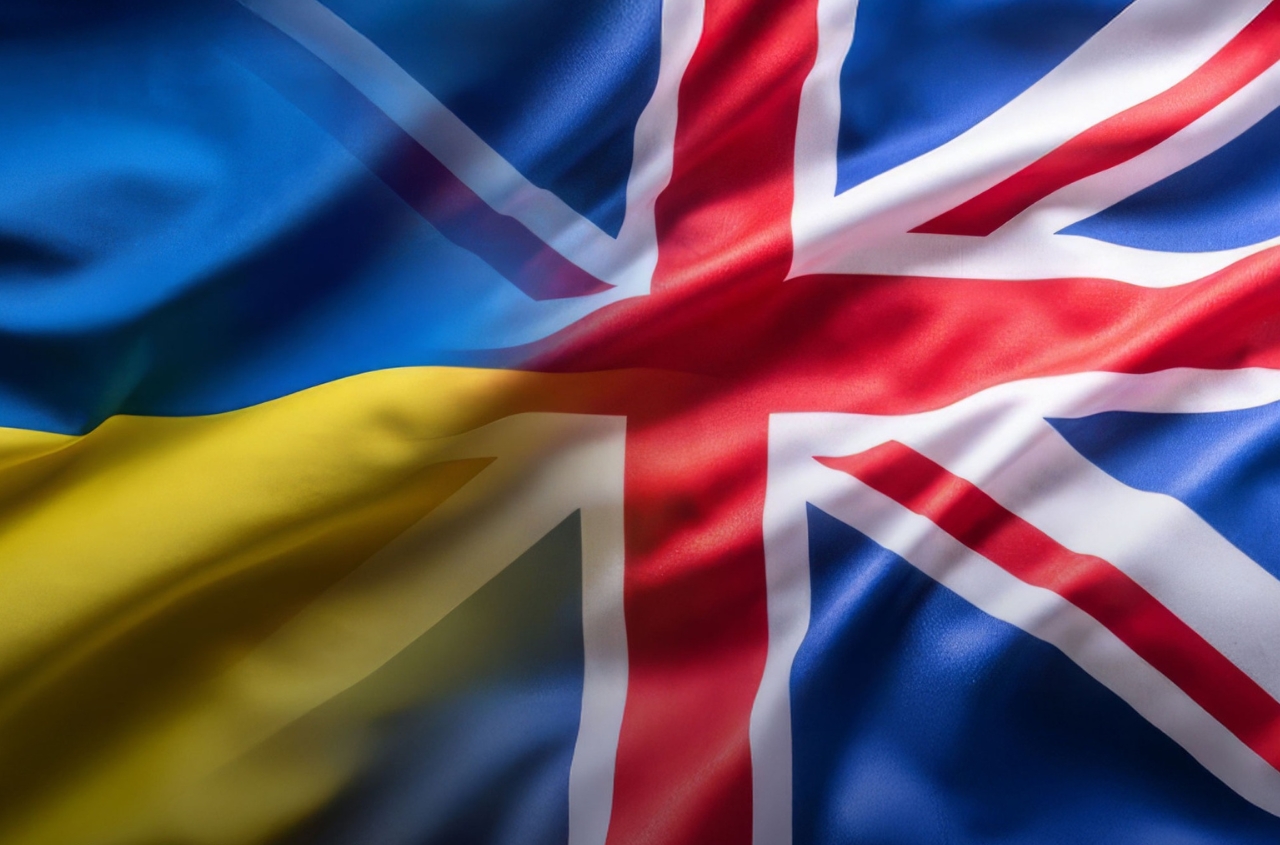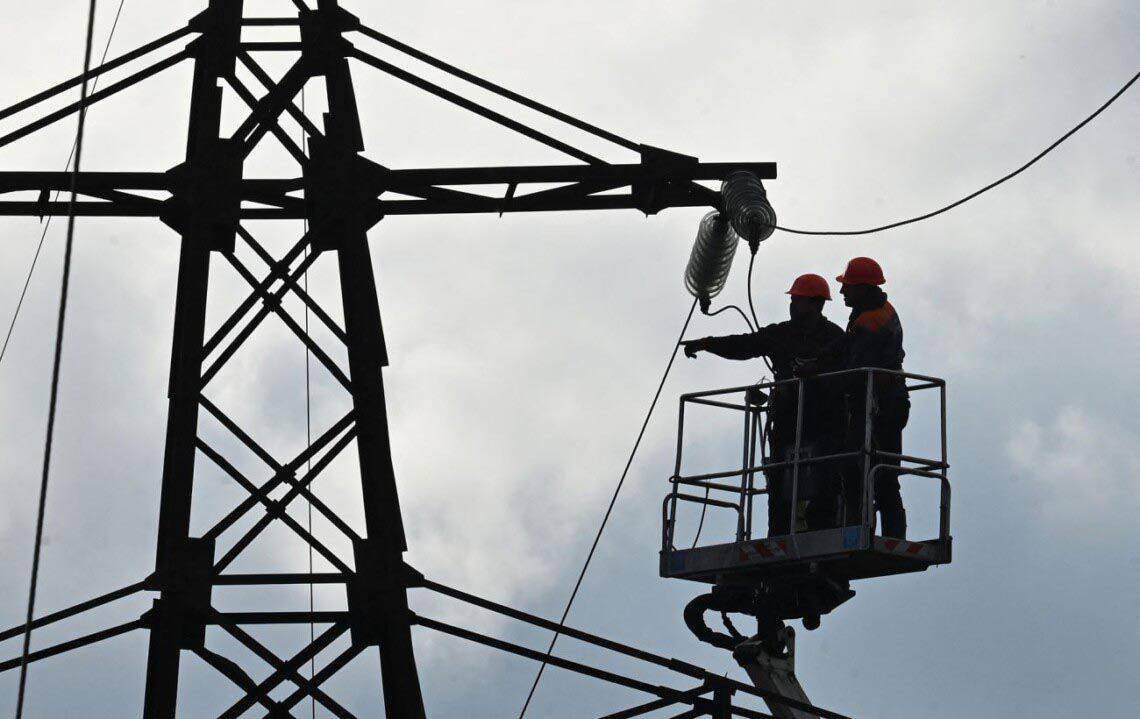In the first four months of 2025, 81,928 Sole Proprietors (FOP in Ukrainian -ed.) were registered in Ukraine, while 119,895 closed their businesses.
This was reported by OpenDataBot.
In the first four months of 2025, Ukraine saw the opening of 81,928 Sole Proprietors, a 9% decrease compared to the same period last year. However, 119,895 entrepreneurs closed their businesses this year, marking a 44% increase in closures compared to the same period in 2024.
In total, there were 37,967 more closures than openings this year. Last year, the situation was reversed: during the same period, 7,166 more businesses opened than closed.
A quarter of all new sole proprietors are engaged in retail: 20,763 entrepreneurs. Another 7,129 have chosen IT and programming consulting. Wholesale trade ranks third, with 6,216 new entrepreneurs.
The highest number of new sole proprietors was registered in Kyiv — 11.6 thousand, or 14.2%. This was followed by Dnipropetrovsk region with 7.8 thousand (9.6%) and Lviv region with 6.1 thousand (7.6%).

This year, women have been more active in starting businesses than men, with 61% of new sole proprietors registered by women, while men accounted for only 39%.
Danilo Hetmantsev, Head of the Committee on Finance, Taxation, and Customs Policy, noted in response to OpenDataBot's query that the surge in closures early in the year is likely connected to the closure of non-operational sole proprietors, who were reinstated with the obligation to pay the single social contribution (SSC) starting January 1st.
"Non-operating sole proprietors in groups 1 and 2 closed because the pre-war rules for SSC payments were restored. Additionally, a fixed military levy of 800 UAH per month, regardless of activity, was introduced for 2025. Since these sole proprietors were not conducting real business, they decided to close to avoid the tax. However, from March 2025 onwards, the number of newly registered sole proprietors (20,029) exceeds those who closed (18,477). The same pattern continued in April: 21,517 new registrations, 3,899 more than the closures," Hetmantsev commented.
He believes that the changes in the number of sole proprietors do not necessarily indicate improvements or deteriorations in the country’s economic processes, as the simplified taxation system is widely used to minimize tax payments or avoid mobilization. An example is the common practice of using sole proprietors instead of hired employees.
Economic and tax policy expert Oleg Hetman considers that these changes mainly affected so-called "sleeping sole proprietors" — people who were not actively engaged in business or did so intermittently. However, for those who were operating with turnover and profit, there were no significant changes.
"Certainly, sometimes active businesses close due to the challenges of working during the war. Among the main problems, entrepreneurs often cite falling consumer demand, lack of skilled labor, lack of access to affordable financing, and, of course, the danger of war. For an active business, the military levy of 800 UAH per month is unlikely to be a significant obstacle," said Oleg Hetman, coordinator of expert groups at the Economic Expert Platform.
Those who suspended their activities during the war and were uncertain about their business will continue to close, but the situation is expected to stabilize in the coming months. The expert expects that by the end of 2025, the number of newly opened and closed sole proprietors will be approximately equal — unlike in previous years, when more new businesses were created.
The first week of May saw the highest number of new sole proprietors opened this year: 7,014. A total of 88,388 new entrepreneurs have been registered since the beginning of the year as of early May.




















